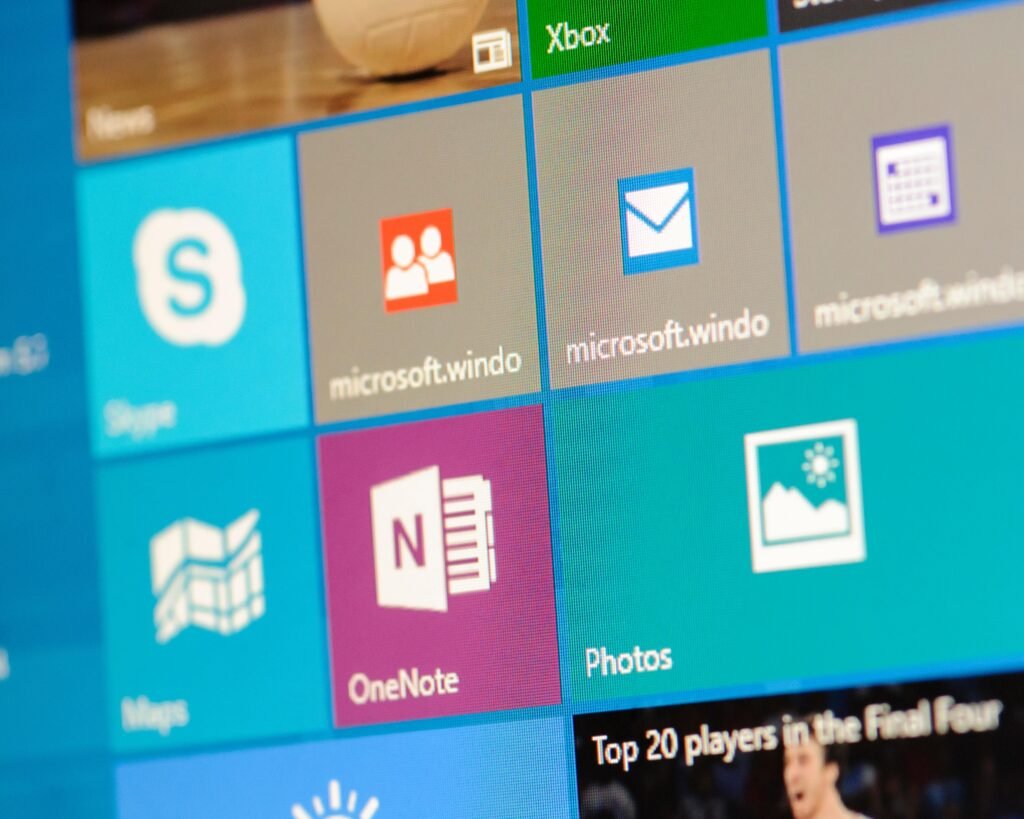From October 14, 2025, Microsoft will no longer provide free support for Windows 10. Millions of users worldwide will see their PCs continue to work, but they will slowly become more vulnerable to viruses, malware, and cyber-attacks. Despite Windows 11 launching in 2021, recent figures show that around 40% of Windows users still rely on Windows 10.
After this date, Windows 10 will no longer receive standard updates, security patches, or technical help from Microsoft. Computers running the system will function, but security flaws discovered over time will remain unpatched, leaving them open to potential attacks. Microsoft recommends upgrading to Windows 11, which offers enhanced security features by default.
Security experts warn that continuing to use Windows 10 exposes users to serious risks. Hackers often target widespread vulnerabilities in unsupported systems. In the UK alone, about five million users are expected to keep using Windows 10, putting them at risk of data theft, scams, and malware infections.
Lisa Barber, editor of Which? Tech magazine, said criminals will actively exploit these weaknesses to steal sensitive information. The safest approach is to move to Windows 11, which Microsoft offers as a free upgrade for most PCs under four years old. Minimum requirements include 4GB of RAM, 64GB of storage, and TPM 2.0, a security module found in most modern devices. Microsoft provides a free tool to check if a PC can run Windows 11, while Which? offers a processor-based compatibility checker.
For PCs that cannot upgrade to Windows 11, Microsoft offers a one-year extended security update plan. This optional protection lasts until October 13, 2026. Users can enroll for free through a Microsoft account or pay $30 plus tax. This gives additional time to plan future upgrades or alternative solutions.
Alternative operating systems can also protect devices that cannot run Windows 11. Linux, a free and open-source platform, offers multiple versions, such as Ubuntu, which receives regular security updates. Installation requires a USB drive, and users should back up files beforehand. However, not all Windows apps are available on Linux.
Another option is Google’s ChromeOS Flex, which is designed for browser-based tasks. It can be installed on many PCs for free using a USB drive. Users should check their device compatibility and follow Google’s installation instructions.
For those who need Windows, buying a new PC preloaded with Windows 11 may be the simplest solution. Many retailers offer trade-in programs for old computers, providing discounts on new machines. Refurbished Windows 11 devices are also widely available from manufacturers and online marketplaces at lower costs.
The end of free Windows 10 support marks a major shift for millions of users worldwide. Acting quickly to upgrade or secure systems is essential to avoid potential cyber threats and maintain safe computing.

